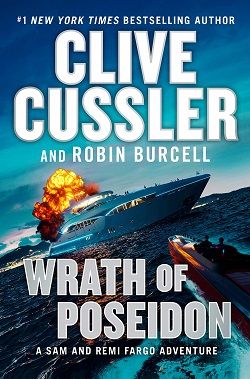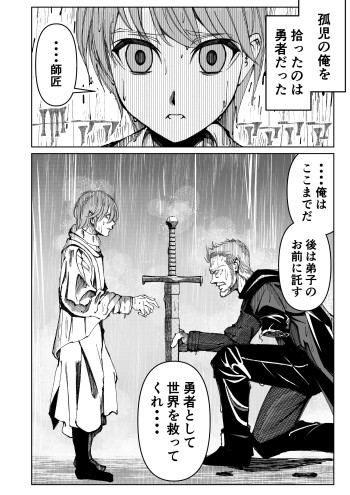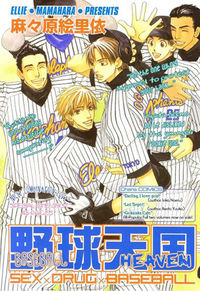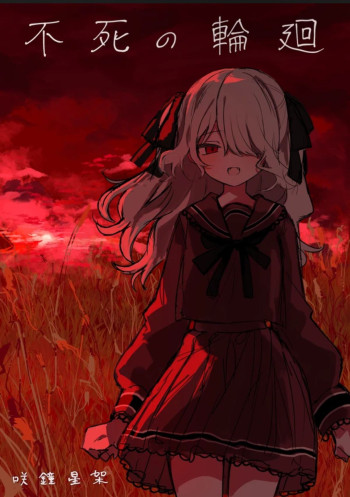Wrath of Poseidon, the twelfth installment in Clive Cussler's Fargo Adventures series, continues the thrilling escapades of Sam Fargo and Remi Longstreet, a couple whose chemistry and adventurous spirit have captivated readers since their first appearance. This novel intertwines history, treasure hunting, and the ever-present danger of criminal enterprises, creating a narrative that is both engaging and suspenseful.
The story begins with a flashback to a decade earlier, where a chance meeting at the Lighthouse Café in Redondo Beach sets the stage for an adventure that would change the lives of Sam and Remi forever. The allure of the legendary riches stolen from the Persian King Croesus in 546 B.C. serves as the central quest, but Cussler expertly layers the narrative with themes of perseverance, love, and the consequences of past actions. The Fargos are not merely treasure hunters; they are individuals shaped by their experiences, and their relationship evolves beautifully throughout the story.
One of the most compelling aspects of Wrath of Poseidon is the character development of Sam and Remi. Their journey is not just about finding gold; it’s about confronting their past and the choices they made along the way. The emotional depth of their characters is palpable, especially as they navigate the complexities of their marriage while facing external threats. Cussler does an admirable job of portraying their bond, showcasing how their love and teamwork are essential in overcoming the obstacles they encounter.
The narrative is driven by a dual timeline that oscillates between the present and the past, allowing readers to witness the evolution of the Fargos' relationship and their motivations. This technique adds a layer of intrigue, as we see how their initial encounter with the treasure hunt has shaped their lives. The tension escalates when the antagonist, a drug kingpin they helped imprison, resurfaces with a vendetta. This element of revenge propels the plot forward, creating a sense of urgency that keeps readers on the edge of their seats.
Cussler's ability to weave historical elements into the fabric of the story is another highlight. The legend of King Croesus and the historical context surrounding his wealth provide a rich backdrop for the adventure. Cussler's meticulous research shines through, as he incorporates real historical events and figures, making the treasure hunt feel grounded in reality. This blend of history and fiction is reminiscent of works by authors like Dan Brown, who also masterfully intertwine historical facts with thrilling narratives.
The pacing of the novel is brisk, with Cussler expertly balancing action sequences with moments of introspection. The Fargos face numerous challenges, from navigating treacherous waters to outsmarting dangerous foes. Each encounter is crafted with precision, ensuring that readers remain engaged and invested in the outcome. The stakes are high, and the tension is palpable, particularly as the Fargos race against time to find the treasure before their enemies do.
Moreover, the themes of loyalty and betrayal resonate throughout the narrative. As Sam and Remi confront their past, they must also grapple with the implications of their choices. The moral complexities of their actions are explored, prompting readers to reflect on the nature of justice and revenge. Cussler does not shy away from illustrating the darker aspects of human nature, particularly through the character of the antagonist, who embodies the lengths to which individuals will go to reclaim power and wealth.
In terms of writing style, Cussler maintains a straightforward yet engaging prose that is accessible to a wide audience. His descriptions are vivid, painting a clear picture of the settings and action sequences. The dialogue is sharp and often laced with humor, providing moments of levity amidst the tension. This balance of tone is crucial in maintaining reader interest, and Cussler succeeds in creating a narrative that is both entertaining and thought-provoking.
As the Fargos embark on their final showdown in Greece, the stakes reach a fever pitch. The culmination of their journey is not just about the treasure but also about confronting their fears and the ghosts of their past. Cussler masterfully ties together the various threads of the narrative, delivering a satisfying conclusion that resonates with the themes of love, sacrifice, and redemption.
In comparison to other adventure novels, Wrath of Poseidon stands out for its character-driven narrative and historical depth. While many adventure stories focus solely on the thrill of the chase, Cussler enriches his tale with emotional stakes that elevate the narrative beyond mere escapism. Readers who enjoy the works of James Rollins or Steve Berry will find much to appreciate in Cussler's storytelling style, which combines action, history, and character development in a compelling manner.
In conclusion, Wrath of Poseidon is a testament to Clive Cussler's prowess as a storyteller. It is a thrilling adventure that not only entertains but also invites readers to reflect on the complexities of human relationships and the consequences of our choices. The Fargos' journey is one of resilience and love, making this novel a worthy addition to the Fargo Adventures series. Whether you are a long-time fan or a newcomer to Cussler's work, this book promises an exhilarating ride filled with intrigue, danger, and a touch of romance.
























Reviews 0
Post a Reviews: